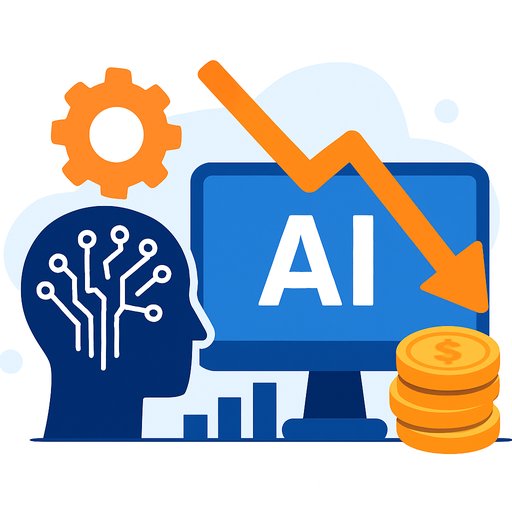EssilorLuxottica Buys RetinAI to Accelerate AI in Eyecare
EssilorLuxottica has acquired RetinAI, an artificial intelligence and data management firm focused on eyecare. The move extends the group's push into health technology ahead of its third-quarter results. Financial terms were not disclosed.
Leadership framed the deal as part of a broader push to build a more comprehensive, digitally enabled patient experience across the company's channels and partners. The acquisition adds software, data, and clinical capabilities that can be embedded across optometry, retail, and partner ecosystems.
Why this matters for management
- Signals a shift from products to end-to-end care: from lenses and frames to diagnostics, data, and clinical workflows.
- Creates an integrated data advantage across imaging, patient records, and longitudinal outcomes.
- Strengthens partnerships with pharma and research organizations, opening revenue streams beyond retail and wholesale.
What RetinAI brings
RetinAI (operated by Ikerian AG) develops tools to collect, process, and analyze retinal imaging data at scale. The company works with pharma and research groups on clinical studies and drug development-capabilities that can feed evidence generation, trial recruitment, and real-world data analytics.
Integrating these tools can streamline screening, triage, and monitoring in optometry settings while improving care coordination with specialists.
Financial context
Consensus estimates point to third-quarter revenue of about €6.75 billion, up 8.5% at constant currency. The acquisition positions the company to tie future revenue growth to higher-margin software, services, and data partnerships.
Strategic fit
- Retail and clinic network: AI-driven screening and follow-up can improve conversion, attachment rates, and visit frequency.
- Lens and device ecosystem: Imaging insights can inform personalized recommendations and product development.
- Pharma and research: Data assets support clinical studies, label expansions, and post-market evidence.
Integration priorities for operators
- Data governance: Standardize consent, security, and interoperability across clinics, retail, and partners.
- Workflow design: Embed AI insights into existing clinical steps to cut chair time and reduce false positives.
- Go-to-market: Package offerings for B2B (clinics, hospital systems, pharma) with clear ROI and outcomes metrics.
- Change management: Train clinicians and associates on when and how to trust and escalate AI flags.
Risks to manage
- Regulatory and compliance: Maintain traceability, bias monitoring, and audit trails for AI-driven decisions.
- Data quality: Ensure diverse, high-fidelity datasets to avoid performance degradation across populations.
- Vendor overlap: Rationalize overlapping tools post-deal to avoid cost and confusion in clinics.
What to watch next
- Product roadmap: How fast RetinAI capabilities appear across retail, managed care, and clinical partnerships.
- Monetization: Clear pricing models for software, data services, and research collaborations.
- KPIs: Screening throughput, referral accuracy, patient adherence, and incremental margin per visit.
Quick take
This is a bet on owning the data and software layer of eyecare-where diagnostics, outcomes, and recurring service revenue intersect. If execution is tight, expect improvements in clinic efficiency, stronger B2B partnerships, and a more defensible moat built on proprietary imaging data.
Learn more
Your membership also unlocks:






